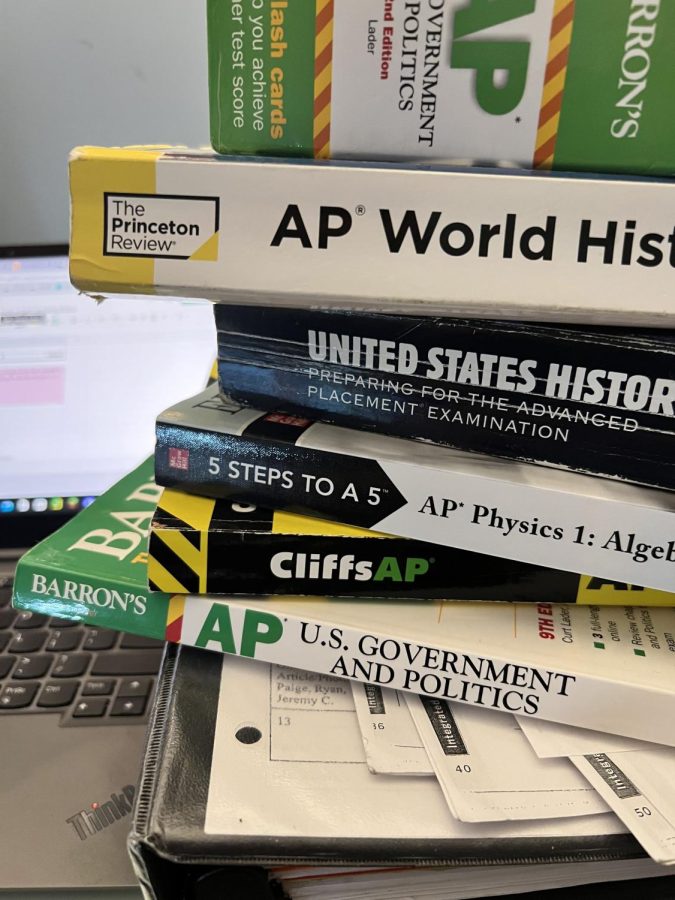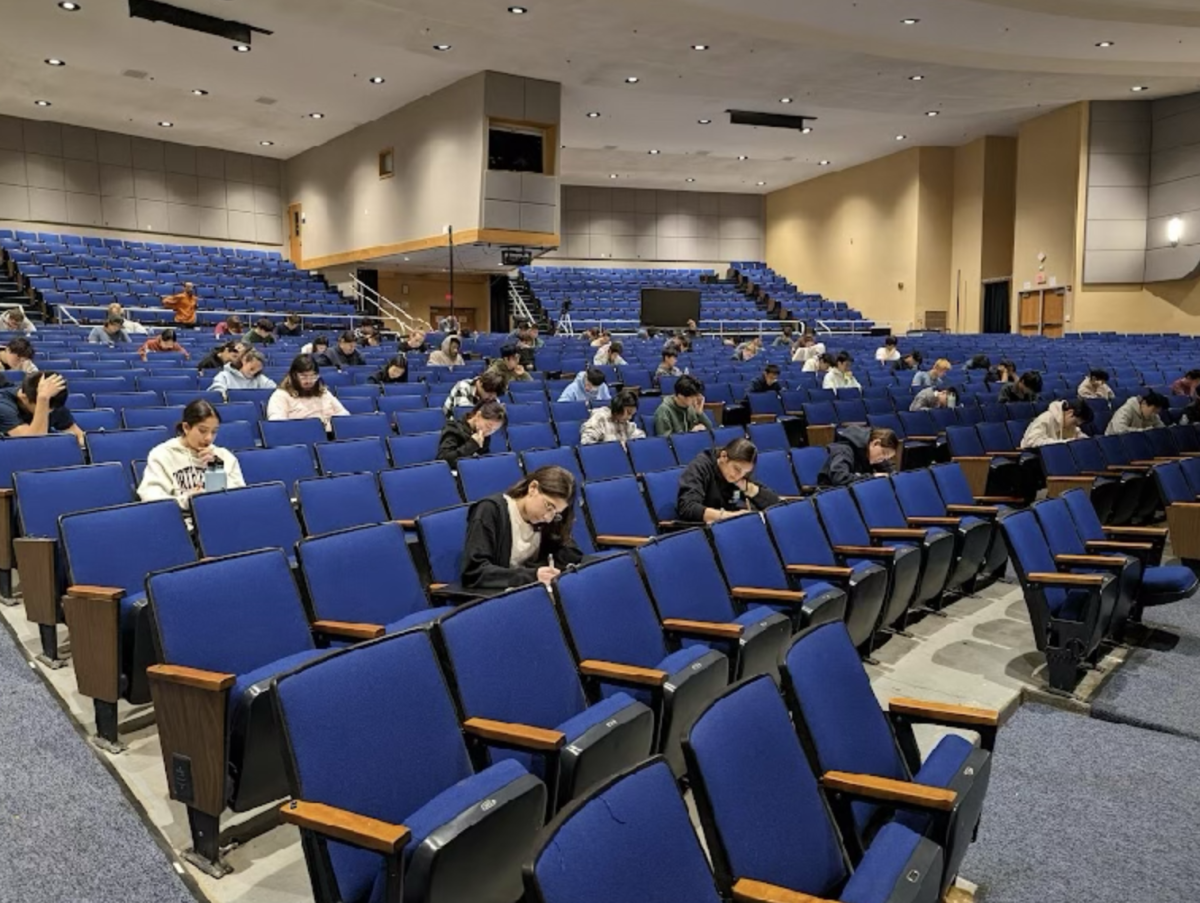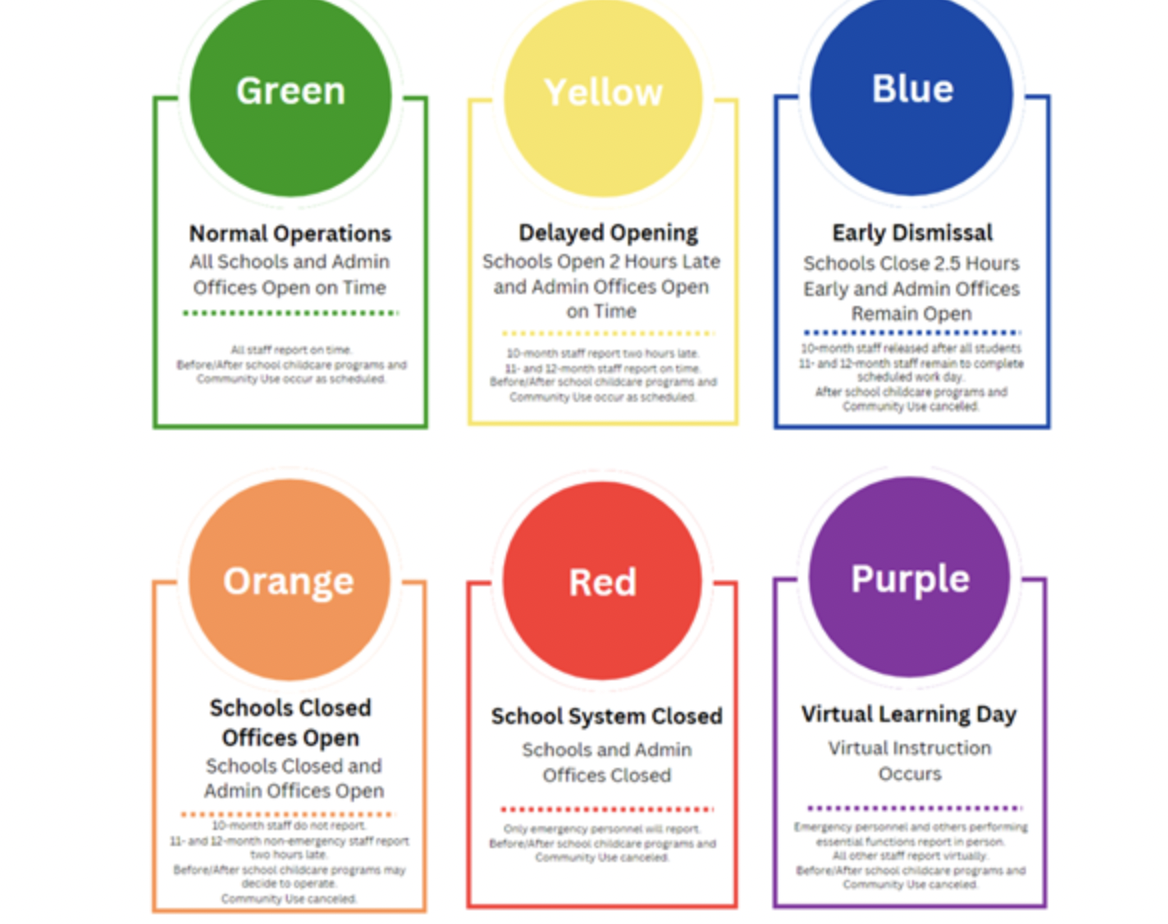After hours of flipping through vocabulary flashcards and trudging through PSAT practice tests, high-scoring students have been denied the National Merit Scholarship, while recognition is instead granted to individuals who have scored lower than them.
The National Merit Scholarship Corporation (NMSC) allocates a certain percentage of semifinalists from each state based on its proportion of graduating seniors that year. This means that a student in one state can score fewer points than a student in another and still be named a National Merit Finalist. Students deserve recognition for the scores they receive and should have an equal chance to win scholarships; lower scoring students should not be rewarded for living in states with inferior educational systems.
According to collegeplanningsimplified.com a website that provides free college planning information, a student living in Maryland needed to score 220 or higher on the PSAT this school year to be eligible to receive a National Merit Scholarship, while a student in Wyoming only needed to reach 202. By setting an apportioned number of semifinalists to each state, NMSC may recognize the top students in every state, but it also overlooks the best students in the nation as a whole.
According to independent PSAT/SAT trainer Susan Collins, who has tutored students for over 20 years and regularly works with students from CHS, after students are selected as semifinalists, NMSC determines who becomes a finalist by reviewing the students’ grades, essays and activity involvement. Finalists must also be in the 99 percentile of their state, but this number also varies across the country.
The use of separate standards just for the purpose of achieving diversity acknowledges underlying inconsistencies in each state’s educational system and yet provides no incentive for improvement. NMSC favors students in underperforming states, but does not encourage them to strive for high scores.
According to the NMSC’s website, it bases its quotas on state representation in order to ensure that all U.S. students are included in the program. In its effort to recognize students from all parts of the country, it has has forgotten to include the poorer counties within each state. Even by lowering standards in certain states, only the students within the 99 percentile of students will be considered for the scholarship, most likely benefitting students from more affluent counties who have access to better resources. If there were one national standard, the quotas in the highest scoring states, like Maryland, would drop to the average of all the states’ quotas. This would give students in poorer counties of those high-scoring states a better chance of reaching the semifinalist level.
The standards for the scholarship should be the same in every state to ensure equality. The difference between state quotas is too large to be considered fair.
Unfortunately, reform of the National Merit system is not likely to happen in the near future, as state quotas have been in place since the test was first administered in 1955. Despite the flawed system, underclassmen who have yet to take the PSAT can improve their chances of being awarded the National Merit Scholarship by continuing to study. However, if NMSC does not restructure the selection process, there will continue to be an achievement gap among students in the different states.







